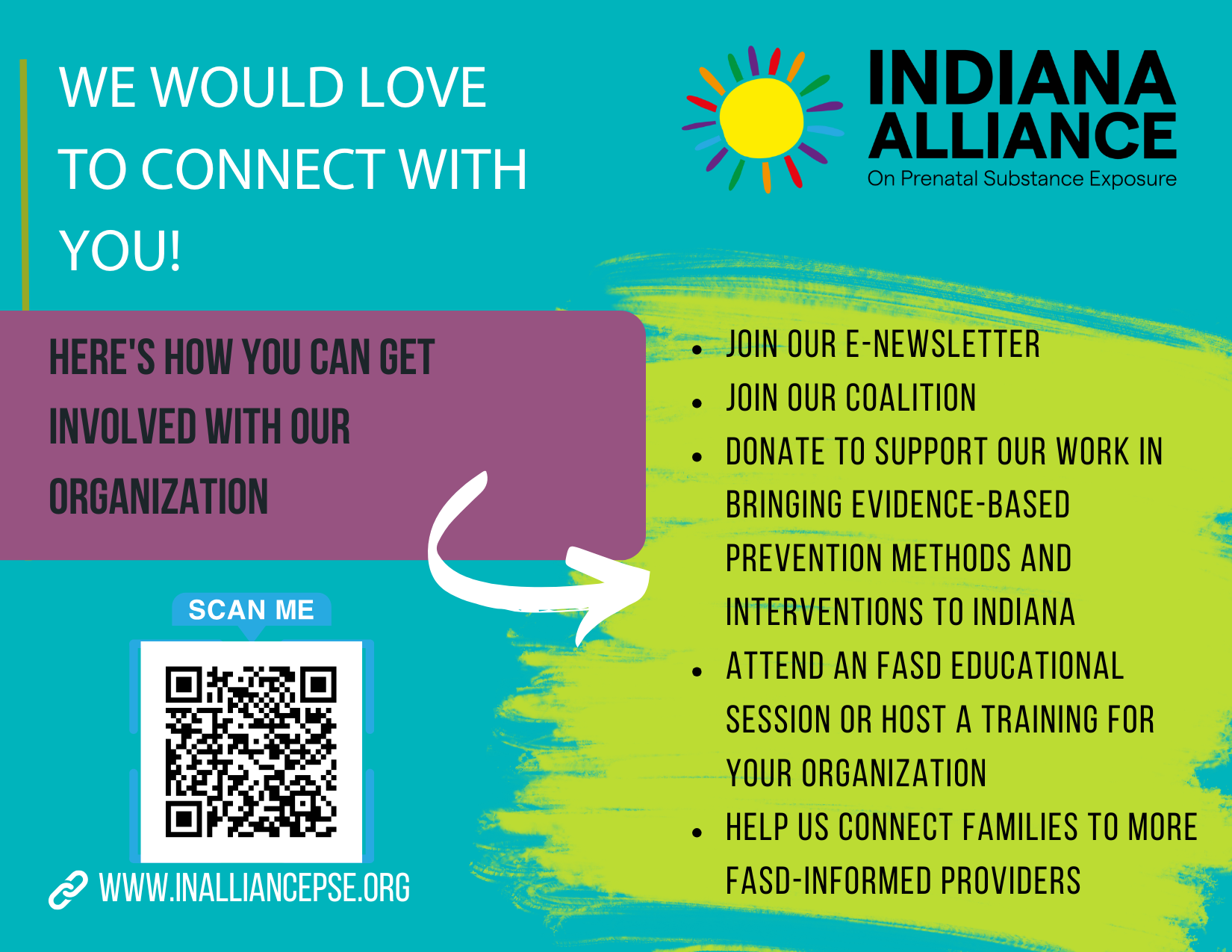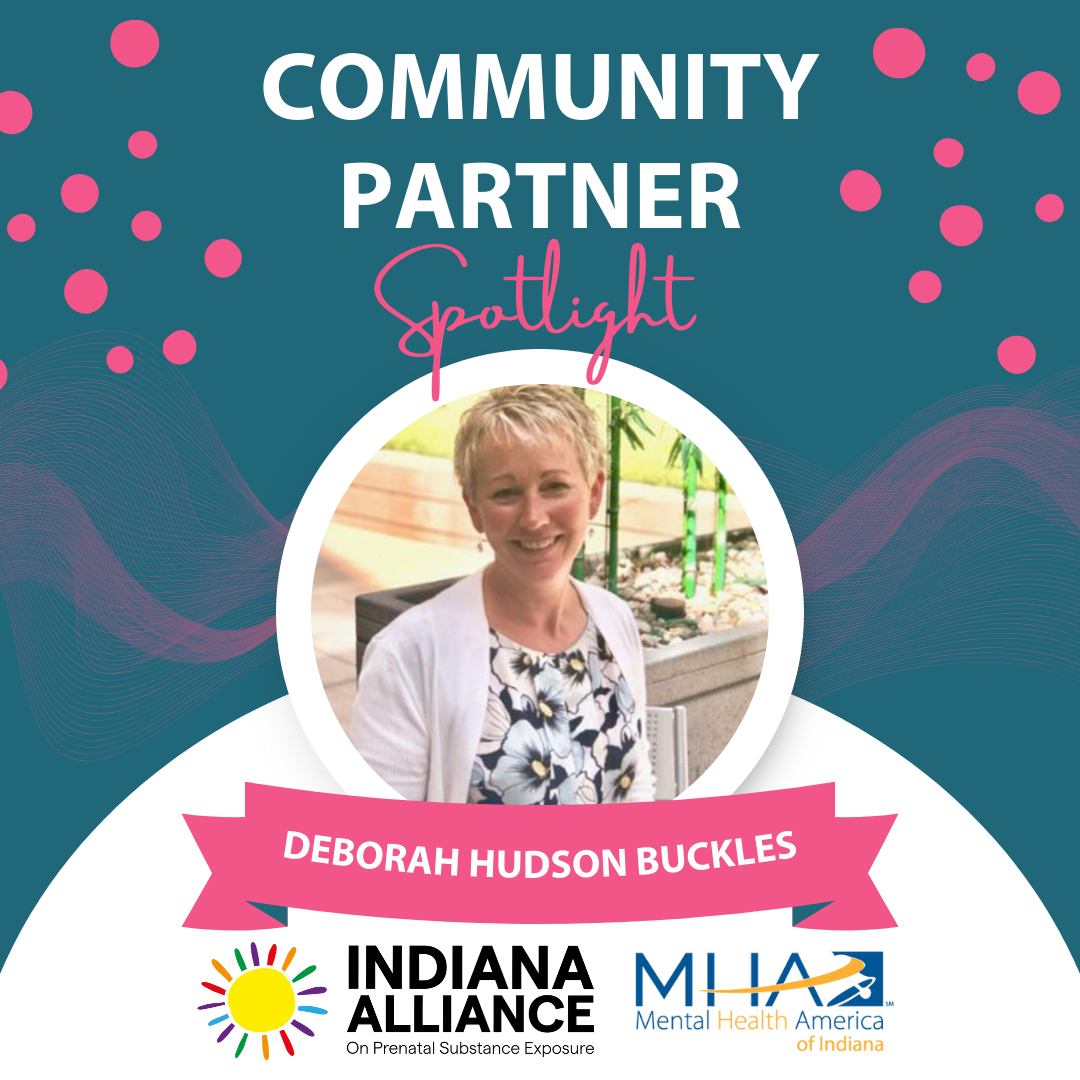New York parents used to worry about preschool admission. Now, they’re worried about preconception. Before they’ve even gone off birth control, some women are eschewing alcohol and carbs to ensure the best for their future child.
“We love pizza, but ever since we decided to start trying for a baby, we decided to be more intentional with our diet,” says Chloe Arnold, a 27-year-old blogger and executive assistant who lives on the Upper West Side. Arnold and her husband have started limiting processed foods and drinking green juice daily. She also began working from home so she could settle into a routine once the baby — currently just a dream for her fiancé and her — is born.
Call them “pre-pregnant” — women who intentionally clean up their acts months, or even years, prior to conception to ensure the absolute best for their kids. And while turning down cocktails may sound overly ascetic, in a striving city such as New York pre-pregnancy has become a rite of passage. Not only do moms-to-be consider themselves pre-pregnant to maximize their chances at conceiving, they also do so to help give their offspring the best start in life.
Amy Nuzzo, 33, an Upper West Sider who now has an 8-month-old daughter, had been told by traditional doctors that she and her husband might have trouble conceiving. At first, she met with a naturopath with the aim of getting her health under control. The naturopath suggested giving up alcohol, avoiding ibuprofen and skipping migraine medication.
These suggestions aren’t uncommon (all are possibly harmful to a developing fetus if conception occurs), but Nuzzo raised an eyebrow when the naturopath suggested she eat two pounds of raw butter a week. Raw butter is known for its nutrients, especially vitamin K2, which has been shown in some studies to improve fertility outcomes. She balked after two weeks — “I was supposed to chomp on the stick and I was getting nauseous”— and started fertility treatments, getting pregnant quickly thereafter.
Some physicians believe that how men and women behave prior to conception can affect the health and well-being of a future child.
“We once thought our genes were our destiny, but now we know what we eat, our activity level, our exposures to toxic chemicals in our lives and even stress all affect how our DNA gets expressed — and gets passed down to our children,” explains Jennifer Stagg, ND, an integrative medical practitioner and author of “Unzip Your Genes: 5 Choices To Reveal A Radically Radiant You.” “Stress, in particular, has a direct impact on DNA expression … both in terms of conception and in terms of optimal DNA health once [the baby is] conceived,” she says.
Jeannie Evanchan, an Upper East Side publicist with a 3-year-old son, is currently filling her calendar with facials and massages. “I avoid them when I’m pregnant, since it’s not recommended to have a massage during the first trimester, and I want to be as relaxed as possible before I conceive,” says Evanchan, who is planning to try for her second child with her husband in the next few months. She’s also begun taking prenatal vitamins, which doctors do encourage prior to conception, as the folic acid in the supplement can reduce the risk of spina bifida.
But not all docs encourage holistic preconception rituals. Lauren Streicher, MD, an associate clinical professor of obstetrics and gynecology at Northwestern University in Illinois, says, “I sometimes worry there’s this false assurance that [if you] eat organic or take yoga classes before you’re pregnant, then everything will work out. And if it doesn’t, if a woman has trouble conceiving or has a baby with a birth defect, then women blame themselves, when there are no studies to show massage or acupuncture or organic foods make a difference in outcome. Bottom line, there’s a lot we can’t control, so women shouldn’t go nuts focusing on these things. They should do them if it feels good, but not at the expense of a balanced life.”
Jen, 31, a teacher from Hoboken, NJ, who asked that her last name not be used for privacy reasons, says she may have spent too much time worrying about factors outside of her control. In summer 2014, she and her husband decided they would start trying for a baby in August 2015. “We ate organic, gave up alcohol, the whole thing. But we also started talking about child care, and got into so many fights about who would be expected to do what. And at some point, I’m like, ‘This is crazy, we’re fighting about a baby we don’t even have.’ I wish we had just winged it and figured it out. Because we were ‘pre-pregnant,’ when I finally did conceive, it felt like I had been pregnant for two years instead of nine months,” says Jen, who has a 15-month-old son.
Bottom line: While generally living well is a smart move regardless of when or if a baby is on the horizon, experts say it’s essential that parents-to-be don’t get too stressed out. “Ultimately, you’re never 100 percent ready for a baby,” says Melissa Divaris Thompson, a psychotherapist based in Midtown and co-founder of parenting Web site Honest Mamas. “So I think parents to be should know that, yes, they should do whatever they can to feel like they’re at their best for raising a child, but know that no matter what, it’s okay to feel unprepared and panicked.”







